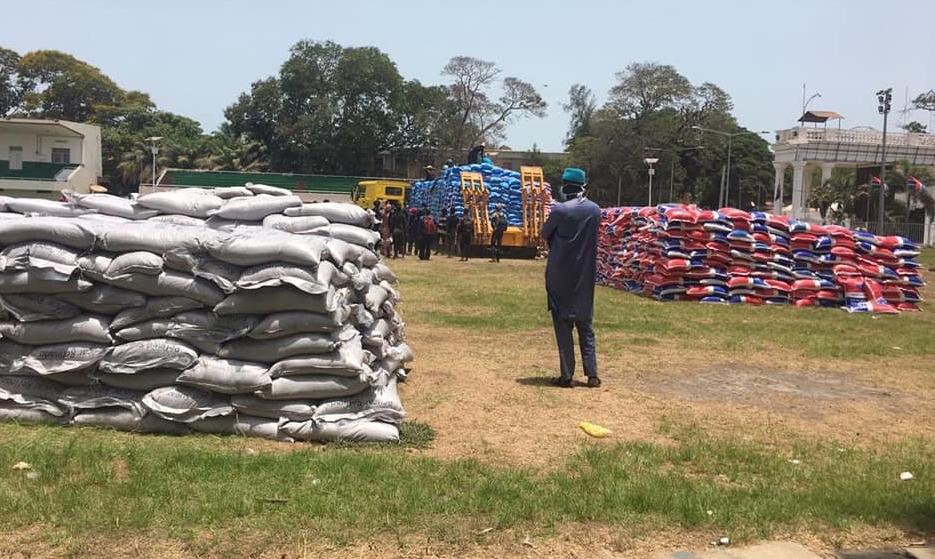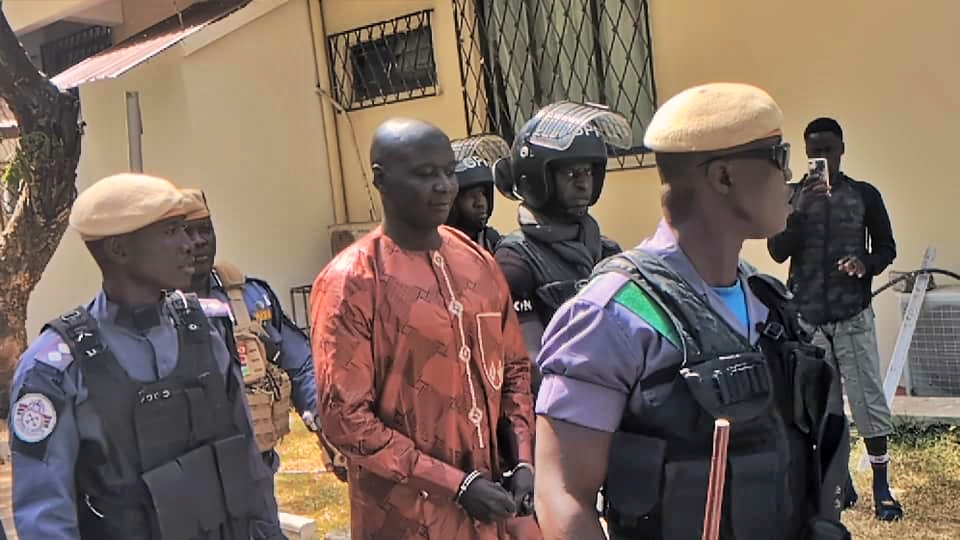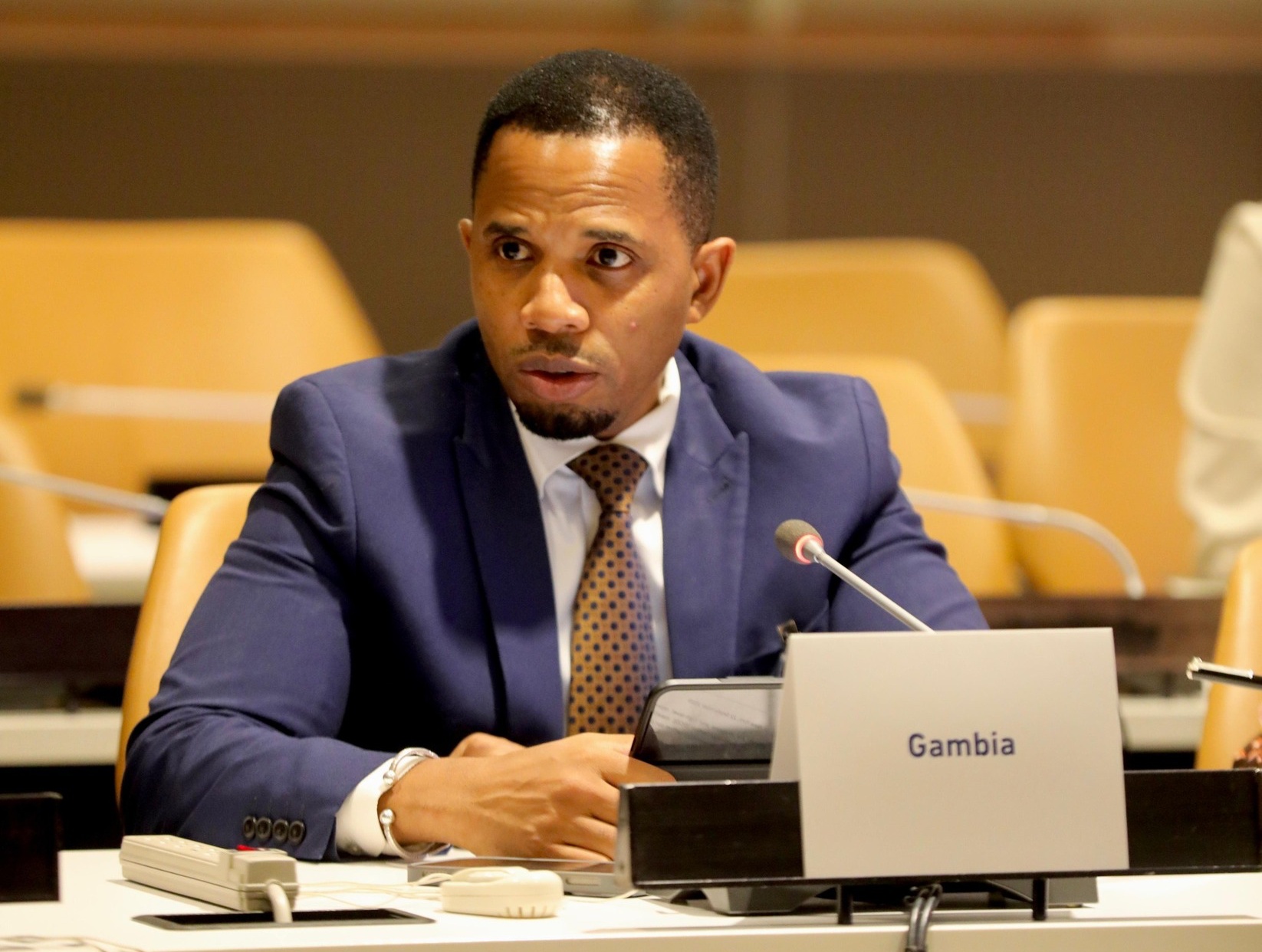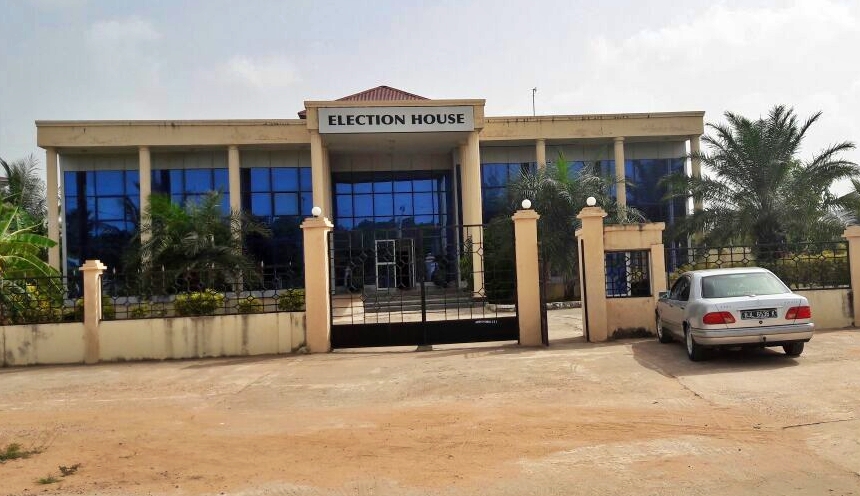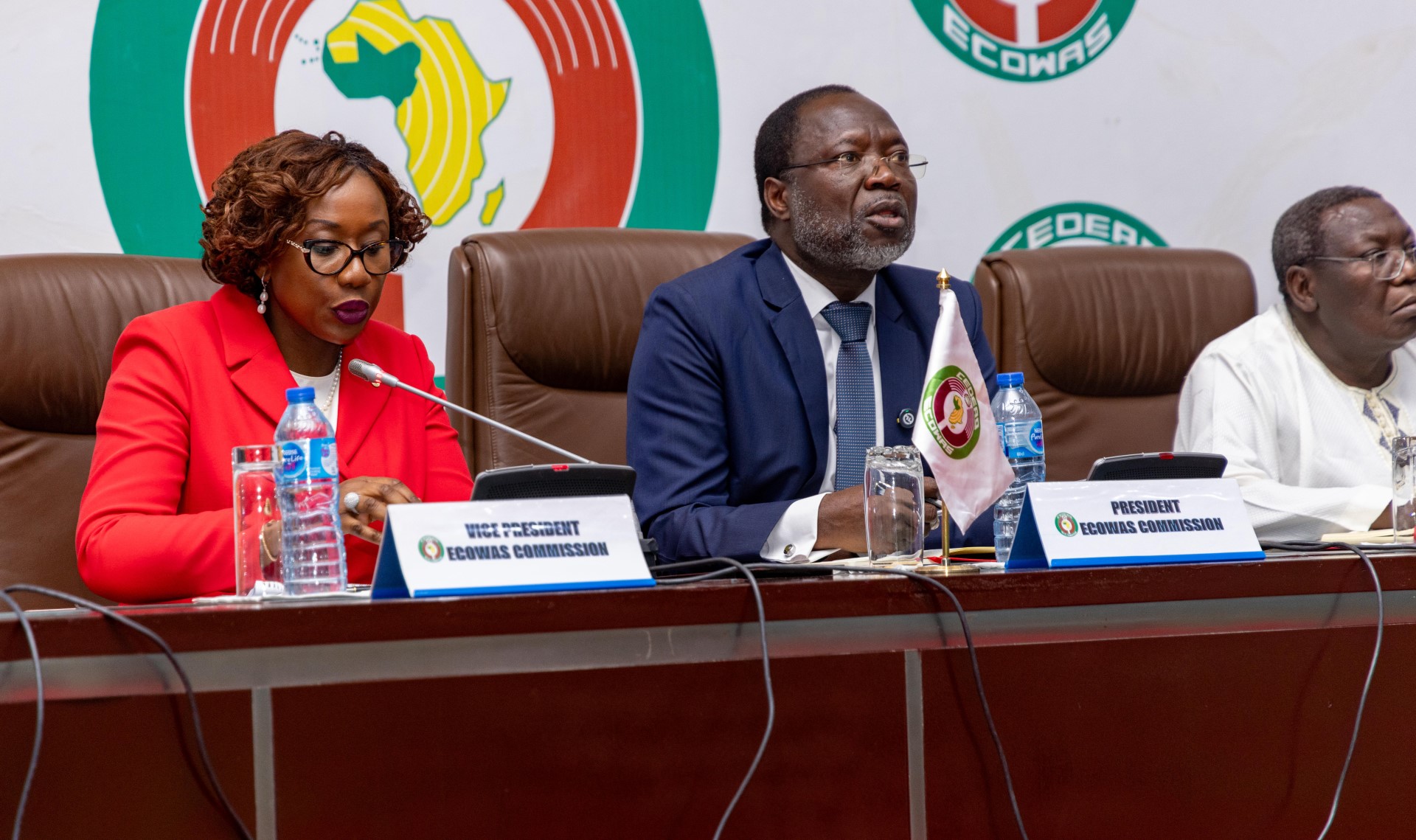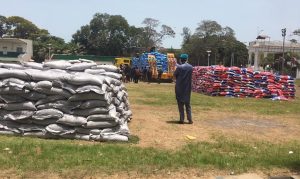The Economic Community of West African States (ECOWAS) has revealed that it requires approximately $5.2 billion to tackle the region’s infrastructure deficit and achieve its core objectives of driving economic growth.
Speaking at a news conference in Abuja, the ECOWAS Commissioner for Infrastructure, Energy, and Digitalization, Sediko Douka, highlighted the challenges faced by the subregion and the steps being taken to address them. He noted that the subregion’s leaders had approved the creation of an ECOWAS fund for the development and financing of the transport and energy sectors (FODETE) to address these challenges.
Mr. Douka explained that FODETE would be financed by taxing member states’ main export resources like agriculture, oil, gas, and natural minerals, and was expected to generate more than $350 million annually over a projected 20-year period.
To address infrastructure challenges, ECOWAS has implemented various regional electricity and energy programs and projects. These include the establishment of specialized agencies in the field of energy, such as the West African Power Pool (WAPP) in Cotonou, Benin, the Regional Electricity Regulatory Authority (ERERA) in Accra, Ghana, the Centre for Renewable Energy and Energy Efficiency (ECREEE) in Praia, Cape Verde, and the West African Gas Pipeline Authority (WAGPA) in Abuja, Nigeria.
The WAPP’s strategic objective is to integrate the operation of the Community’s national electricity grids into a unified regional electricity market, providing citizens with a stable, regular, and reliable supply of electricity at a competitive cost. WAPP promotes and develops electricity production and transmission facilities and equipment and coordinates electricity trading among ECOWAS member states.
ECOWAS has also embarked on the Regional Electricity Access Project (ECOREAP) and Battery Energy Storage System (BEST) aimed at enhancing member states’ efforts in electricity supply. The project seeks to facilitate the connection to the electrical grid for 1.1 million households in nearly 600 localities in Gambia, Guinea Bissau, and Mali, financed by the World Bank with $225 million.
Furthermore, ECOWAS has initiated the Regional Off-Grid Electricity Access Project (ROGEAP) to increase electricity access rates for households, commercial enterprises, and community institutions. Financed by the World Bank with $338.7 million, it is being implemented in 19 countries, including the 15 ECOWAS member states, Chad, Cameroon, Mauritania, and the Central African Republic.
In the realm of renewable energies, several projects are underway to increase energy capacity and access to electricity, particularly for rural populations. Currently, 14 out of the 15 ECOWAS member states are interconnected, with only Cabo Verde remaining unconnected, a situation that will soon be rectified through the implementation of a high-voltage submarine cable.
Starting from 2024, electricity exchanges (both purchases and sales) will be possible, making tariffs more competitive and ensuring coverage of demand, which currently stands at only 60%. Mr. Douka emphasized the importance of independent energy producers in meeting this demand.
ECOWAS remains committed to addressing its infrastructure deficit and driving economic growth in the subregion through these strategic initiatives and partnerships.




